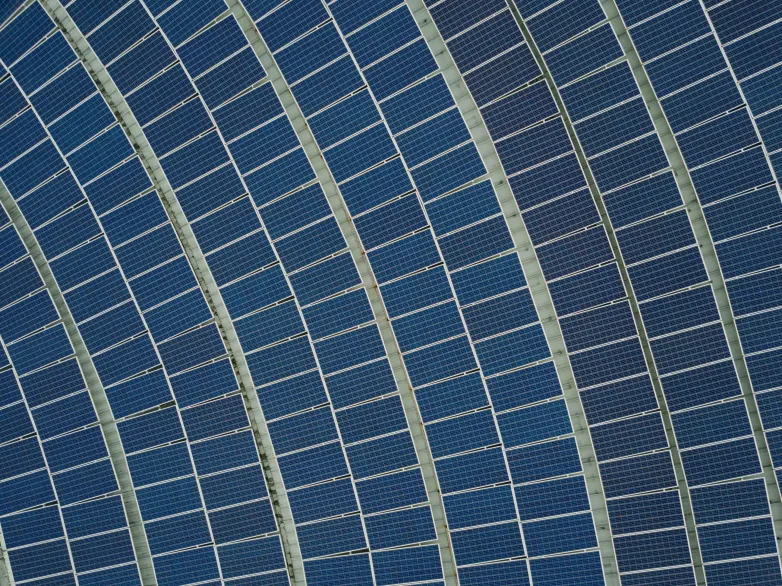Singapore introduces among world's most significant floating solar farms
- Singapore Wednesday introduced among the globe's biggest floating solar energy farms, covering an area the size of 45 football pitches, as part of the city-state's push to cut greenhouse gas discharges.

The project is the nation's most enthusiastic yet, consisting of 122,000 panels on Tengeh Reservoir that will certainly produce enough electricity to run its five water therapy plants.
Singapore is among the biggest per head carbon dioxide emitters in Asia as well as its land shortage makes improving renewable resource resources a challenge.
The prosperous monetary center has turned to setting up plants off its coasts as well as in reservoirs, and also aims to quadruple solar energy manufacturing by 2025.
The new farm can generate up to 60 megawatts of electrical power, and will lead to carbon exhausts reductions equal to removing 7,000 autos from roads, according to Sembcorp Industries and nationwide water company PUB.
Sembcorp developed the project, which covers about 45 hectares (110 acres), with support from the firm.
"Solar power abounds, tidy and eco-friendly, as well as is essential to reducing PUB's as well as additionally Singapore's carbon impact," stated the water firm's president Ng Joo Hee.
Singapore has actually additionally constructed a solar farm in the Johor Strait, which separates the island state from Malaysia, as well as plants ashore.
The government in February introduced a "green strategy" that included actions such as planting trees, decreasing waste sent to garbage dumps and also constructing even more billing indicate encourage electrical car usage.
Singapore has pledged to attain net-zero exhausts "as quickly as viable" in the 2nd fifty percent of the century.
Doubters claim the city-state's goals lag that of other created economic situations, which it has actually not gone far enough to achieve its ecological aspirations.
Also read

